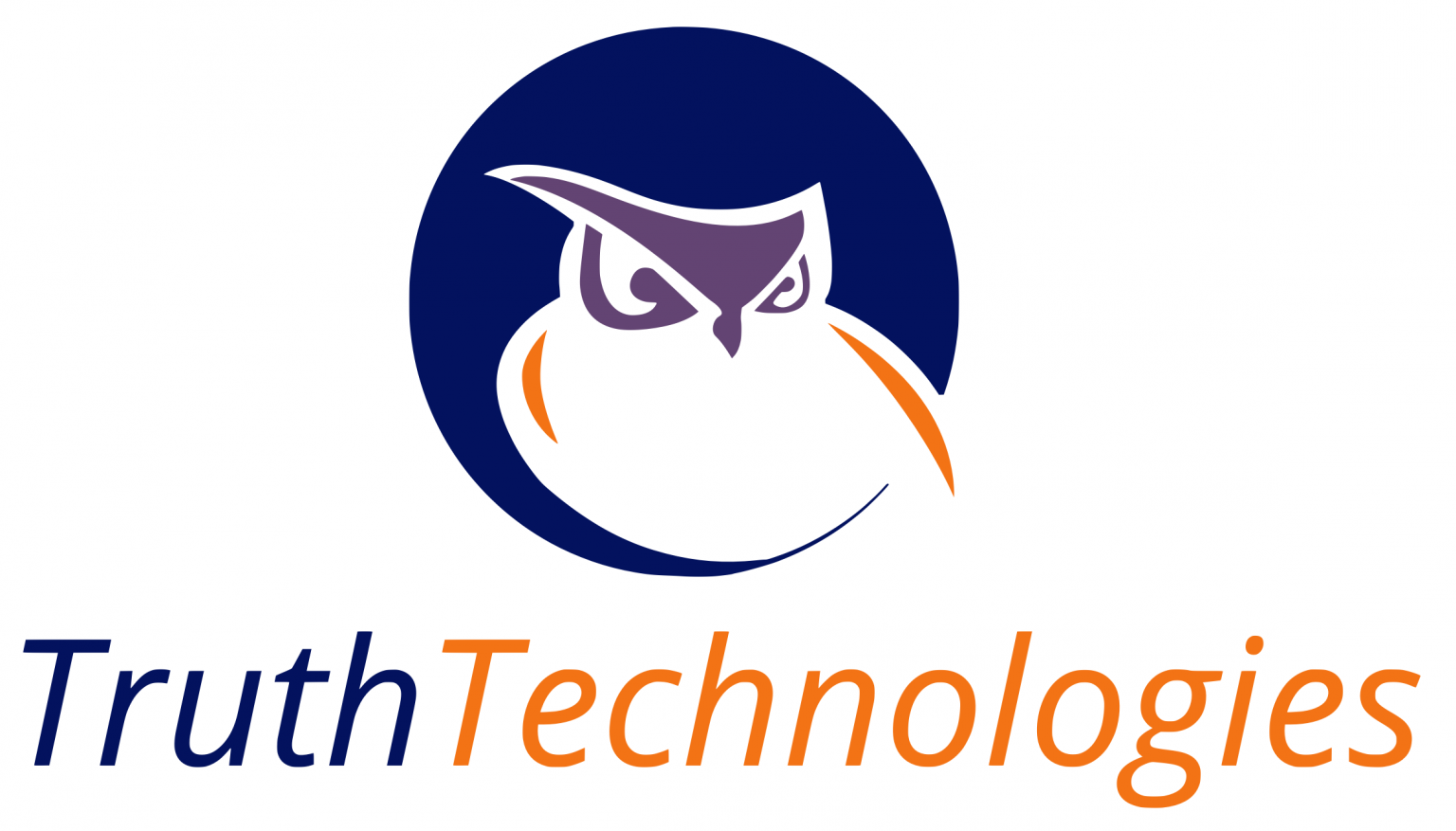What is FATF?
The Financial Action Task Force (FATF) “promotes and develops policies to protect the global financial system against money laundering, terrorist financing and the financing of proliferation of weapons of mass destruction” (FATF).
FATF suggestions are accepted globally as counter-terrorist financing (CFT) and anti-money laundering (AML) regulations. These suggestions can help decrease anti-money laundering in arts & antiquities.
For more information about the FATF, please click here.
Money Laundering and Terrorist Financing in the Arts & Antiquities Market
The art and antiquities market attracts criminals and organized crime groups to launder money to help fund their activities. Criminals use third-party organizations as intermediaries to stay as far away from the deal as possible.
There are serious risks in these markets. Risks can include difficulties tracing the origin of cultural objects, Know Your Customer (KYC) not being recognized, insufficient suspicious transaction reports, and lack of prioritization of investigations in this field.
Not many jurisdictions have enough awareness and understanding to help stop these illegal actions. This results in a lack of investigative resources and expertise and difficulties in pursuing cross-border investigations.
Valueless Art Sold for $263,999.89
The Financial Action Task Force (FATF) uncovered an Indian case study involving the purchase of a piece of art by Rana Kapoor. Tribune India states, “Kapoor was the CEO of an Indian bank who misused his position by sanctioning loans equivalent to $628 million to business entities incurring losses or with negative credit, deliberately violating norms and regulations” (Tribune India).
Kapoor bought the piece of art for $264,000 from Priyanka Gandhi Vadra. This art had no value, and the transaction was a bribe to influence the ‘awarding of Padma Bhushan’ to Kapoor (Tribune India).
This is one of 70 case studies that FATF has researched based on the information given by national investigating agencies (Tribune India).
FATF Recommendations
FATF recommends good practices to help prevent anti-money laundering in arts & antiquities. Some of these practices include:
- Understand risks and respond effectively
- Use public-private information sharing to help aid investigative hurdles
- Use national databases to review transactions and stolen objects with international databases
- Establish information exchange platforms between authorities
- Monitor high-risk markets to mitigate identification challenges with arts & antiquities that may be linked to terrorist financing or criminal activity
- Allow public museums to maintain and display art seized during investigations. This will help reduce law enforcement’s costs and difficulties in storing and preserving these valuable objects.
For more information about the FATF report on Money Laundering and Terrorist Financing in the Art and Antiquities Market (February 2023), click here.
How TTI Can Help
Anti-money laundering in arts & antiquities can pose problems with staying in compliance. Truth Technologies ‘provides software that helps prevent financial crime within your organization. Contact us today for a free demo and see how we can help your organization adhere to the Bank Secrecy Act and AML/KYC regulations.
For more information, click here.




